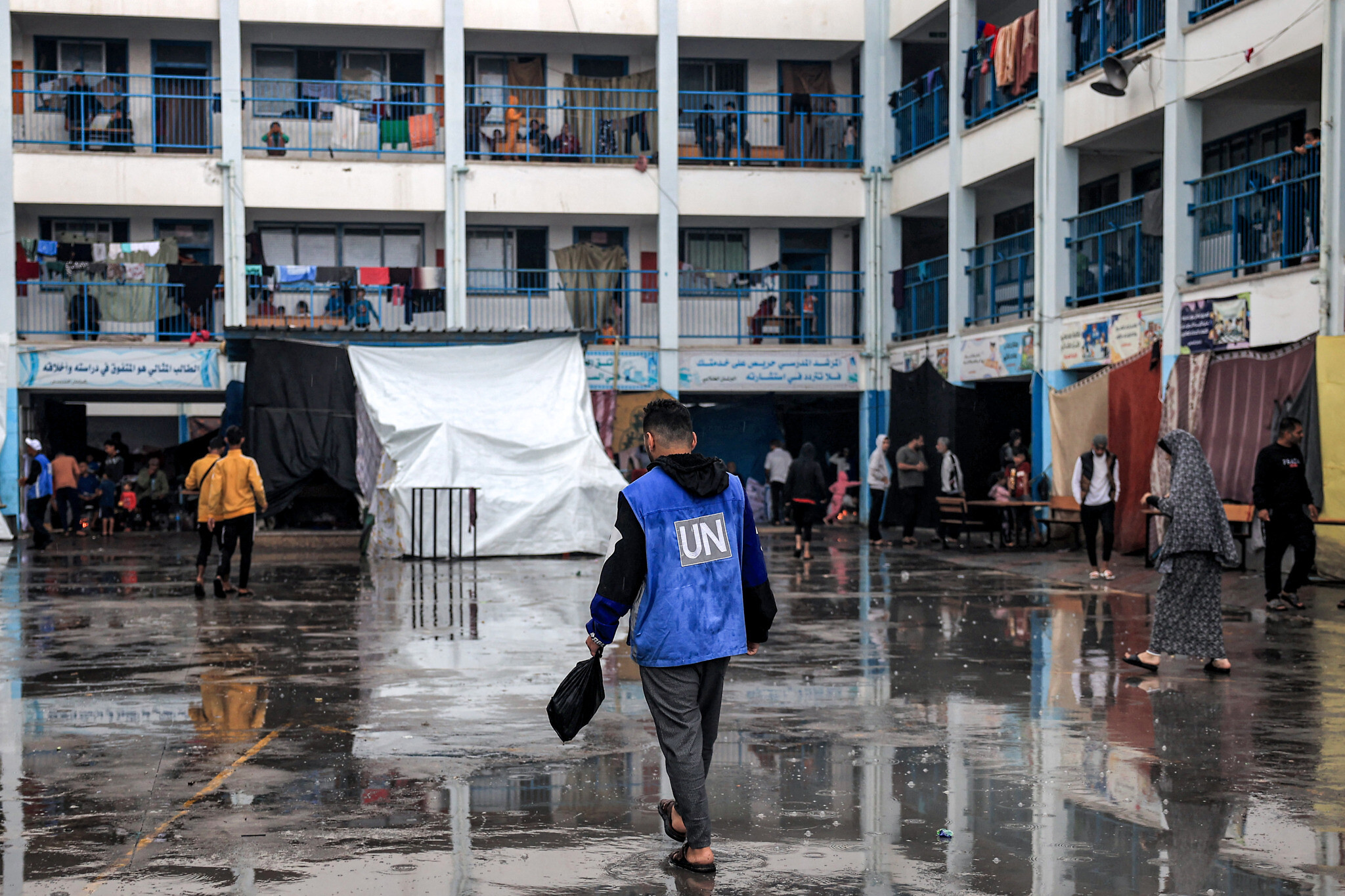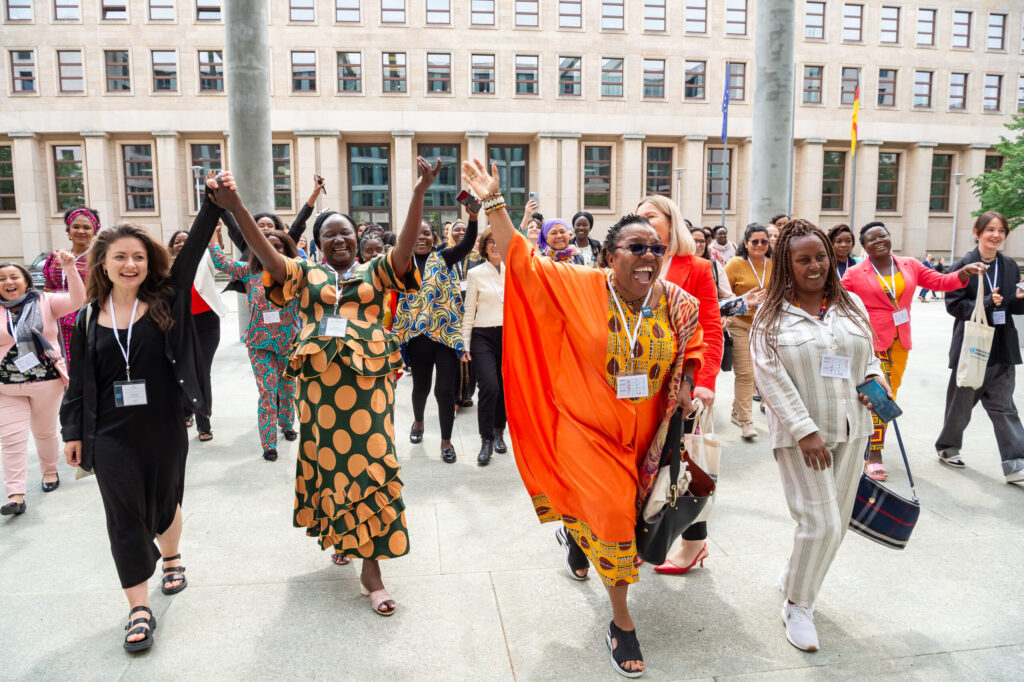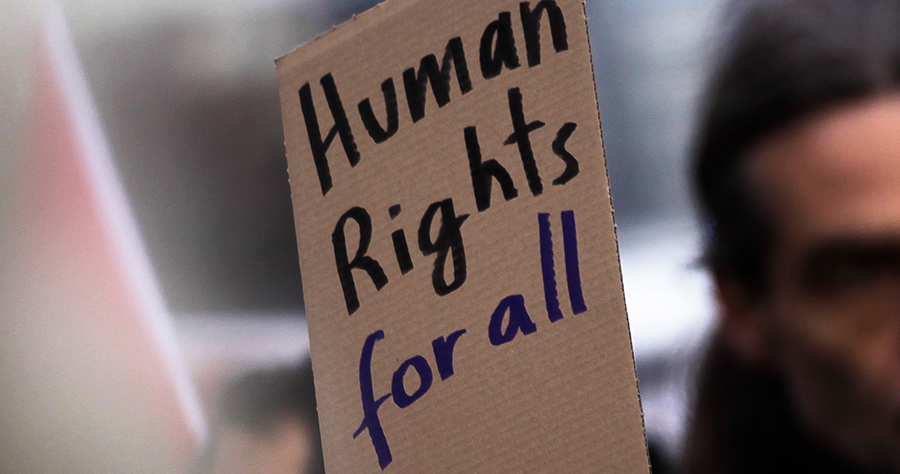On March 22, 2024, Congress approved a $1.2 trillion appropriations bill that bans funding UNRWA for just the second time in U.S. history. The one-year prohibition extends beyond FY24, covering the first six months of FY25 (through March 25, 2025). The bill also fails to include a geographic carve-out that would allow the U.S. to continue to fund UNRWA activities outside of the Gaza Strip (historically, refugees located in Gaza account for a fraction of the population served by UNRWA, which also encompasses the West Bank, Jordan, Lebanon, and Syria).
The prohibition on funding to UNRWA stems from reports of the involvement of approximately one dozen of the more than 30,000 UNRWA staff in the October 7 Hamas terrorist attacks against Israel. When the reports emerged, 16 countries suspended funding for the agency, though most, including Canada, Australia, and Sweden, have resumed the flow of desperately needed financial support. On March 26, Germany announced €45 million in new contributions to support UNRWA’s work in Jordan, Lebanon, Syria, and the West Bank, now making Germany among top UNRWA donors.
Just days after the decision by Congress to cut UNRWA funding, the Israeli government announced it would stop working with UNRWA in Gaza, alleging that the agency is perpetuating conflict and diverting aid from the Palestinian people to Hamas. UNRWA was furthermore informed by Israel on Sunday, March 24, that it would no longer approve its food convoys to north Gaza. The decision prompted a quick response from the UN, which has warned that famine is imminent in the two northern governorates of the Gaza Strip, which are home to about 300,000 people.
James Elder, spokesperson for UNICEF in Gaza, recently described the conditions in the north, where UNRWA has been unable to deliver food since late January. Elder reported seeing “paper thin” children in a hospital and incubators full of underweight babies. “Tens of thousands of people crowd the streets,” he said, describing a visit to the north on Monday, March 25. “They make that universal signal of hand to mouth desperately asking and seeking for food.”
The combined impact of funding cuts and lack of access have severely exacerbated the ongoing humanitarian crisis and jeopardized the UN’s ability to respond to even the most basic of civilian needs. In a letter to the President of the UN General Assembly, Philippe Lazzarini, Commissioner-General of UNRWA, wrote, “It is with profound regret that I must now inform you that the agency has reached breaking point, with Israel’s repeated calls to dismantle UNRWA and the freezing of funding by donors at a time of unprecedented humanitarian needs in Gaza.” Lazzarini warned that UNRWA’s ability to “fulfill the mandate given through General Assembly Resolution 302… is now seriously threatened.”
“In the short term, dismantling UNRWA will undermine UN efforts to address Gaza’s humanitarian crisis and worsen the crisis in the West Bank,” Lazzarini noted. “In the longer-term, it will end UNRWA’s stabilizing role that is widely acknowledged, including by senior Israeli civilian and military officials and key donors, as vital to the rights and security of Palestinians and Israelis. It will also weaken prospects for a transition and a political solution to this long-standing conflict.”
The FY24 spending bill passed the House with a 286-135 vote, followed by Senate approval in a 74-24 vote.




